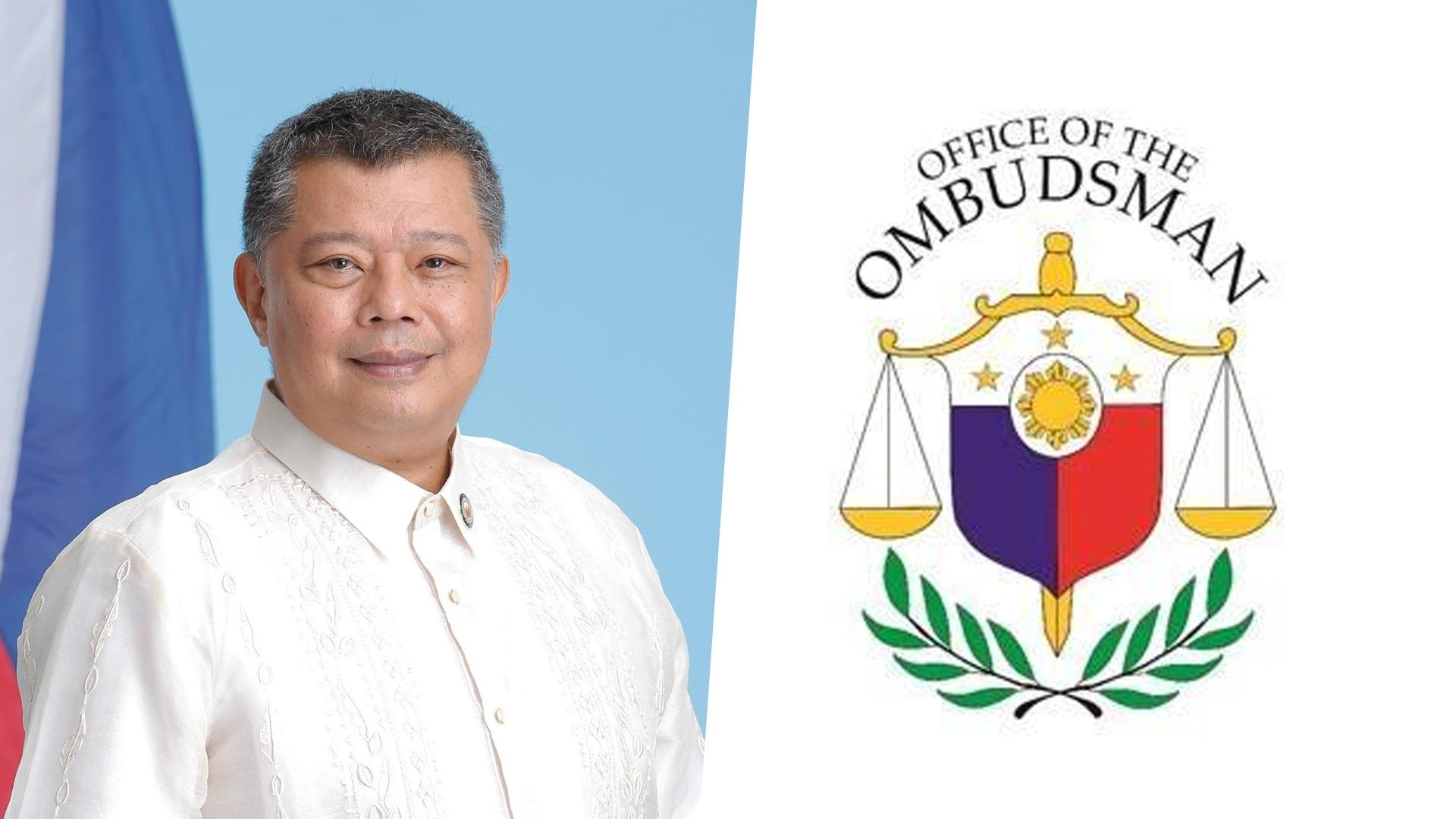
By Brian Campued
“Public office is a public trust.”
With former Secretary of Justice Jesus Crispin Remulla formally assuming office as the 7th Ombudsman of the Philippines, he is vested with powers, duties, and functions enshrined in the Constitution to assure accountability among public officials.
Remulla, who took his oath before Supreme Court Senior Associate Justice Marvic Leonen on Thursday, replaced former Ombudsman Samuel Martires, whose term expired on July 27, 2025.
Former ombudsmen include Conrado Vasquez (1988–1995), Aniano Desierto (1995–2002), Simeon Marcelo (2002–2005), Ma. Merceditas Navarro-Gutierrez (2005–2011), and Conchita Carpio-Morales (2011–2018).
According to the Republic Act No. 6770 or the Ombudsman Act of 1989, the “Tanodbayan” and his or her Deputies, including the Special Prosecutor, have a fixed term of seven years without reappointment.
The Office of the Ombudsman, a fiscally autonomous body independent from any branch of the government, acts as the “protectors of the people” and is tasked with acting on complaints filed against erring government personnel.
It is likewise mandated to prioritize complaints filed against high-ranking government officials and/or those occupying supervisory positions, as well as complaints involving grave offenses or large sums of money and/or properties.
What can the Ombudsman do?
RA 6770 enumerates the powers, functions, and duties of the Ombudsman to uphold transparency and strengthen anticorruption measures.
The office can investigate on its own or through a complaint for acts that seem to be illegal, unjust, improper, or inefficient. According to the act, no court can issue a writ of injunction to delay an investigation by the Ombudsman, unless there is prima facie evidence that the investigation is outside of the office’s jurisdiction.
The Ombudsman may also direct any public official or employee, agency or instrumentality, as well as any government-owned or -controlled corporation with an original charter to perform any act or duty required by law, or to stop, prevent, and correct any abuse or impropriety in the performance of duties.
The Ombudsman may also recommend the removal, suspension, demotion, fine, censure, or prosecution of a public officer or employee at fault. Refusal to comply with the order shall be a ground for disciplinary action.
As part of its investigative duties, the Ombudsman may also direct the officer concerned to submit documents relating to contracts or transactions involving the disbursement or use of public funds or properties. Any irregularity will then be reported to the Commission on Audit for appropriate action.
The office may likewise request assistance from any government agency to access pertinent information.
The ombudsman can also administer oaths, issue subpoenas and subpoena duces tecum, and take testimony in any investigation or inquiry, including the power to examine and have access to bank accounts and records.
The ombudsman likewise has the power to punish individuals for contempt and to preventively suspend any officer or employee under his authority pending an investigation if he believes that the evidence of guilt is strong.
Preventive suspension also applies if the charge involves dishonesty, oppression, or grave misconduct or neglect in the performance of duty; the charges would warrant removal from the service; or the respondent’s continued stay in office may prejudice the case filed against him.
The suspension shall continue until the case is terminated by the Ombudsman but not more than six months, without pay.
The law states that all provisional orders of the Office of the Ombudsman are “immediately effective and executory” and that its findings of fact when supported by substantial evidence are “conclusive”.
The act further states that no other court except for the Supreme Court shall hear any appeal or application for remedy against any ruling of the Ombudsman.
Next steps
In a press conference after taking oath of office, Remulla said his office is ready to file charges on anomalous flood control projects to the anti-graft court Sandiganbayan.
“I think this is an emergency situation pagdating sa nangyari sa DPWH (Department of Public Works and Highways), I think that we have to concentrate on that, do case buildup. And make sure that a very well-prepared case or cases are filed before the Sandiganbayan and the RTCs (regional trial courts),” he stressed.
“Ang timeline niyan siyempre on the evidence pa rin pero marami na rin kaming nakukuha na evidence,” Remulla. “Wala ho tayong sinisino dito—kung mataas man o mababa—pero sisiguraduhin natin ‘yung ebidensiya nakatuon pag-file natin ng kaso.”
On other issues, the new Ombudsman said that the office would revisit the Pharmally case and discuss the rules of releasing the Statement of Assets, Liabilities, and Net Worth (SALN) of government officials and employees.
Remulla’s predecessor, Martires, issued a memorandum circular in 2021 restricting public access to SALNs and only allowed the release in connection with a court order or for a fact-finding investigation. (with report from Louisa Erispe / PTV News)
-jpv
